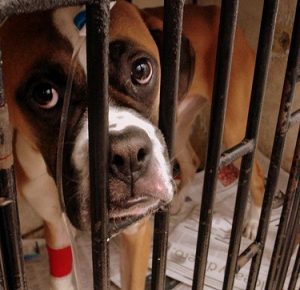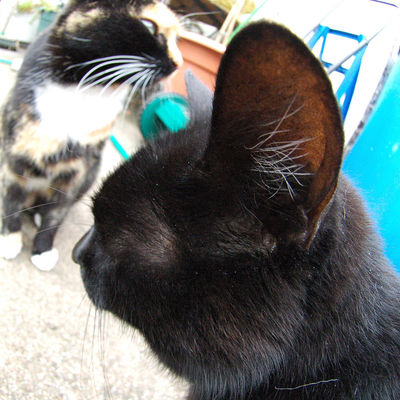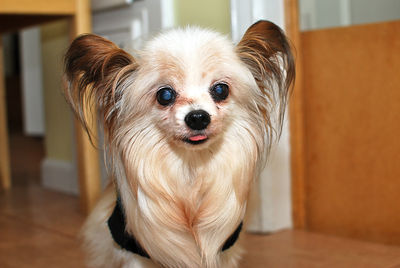Esophagitis is the inflammation of the esophagus which is the tube that carries food and liquid to the stomach.
Aspiration pneumonia (inhalation pneumonia) is a complication of esophagitis. It can occur when your pet is unable to swallow food or liquid which are inhaled into the lungs causing inflammation and infection.
Most often the cause of esophagitis is stomach acid backing up into the esophagus (acid reflux) and irritating the lining tissues. Other causes may be medications and other caustic substances remaining in the esophagus, excessive vomiting, infection, cancer, foreign objects in the esophagus.
Some cats and dogs suffer acid reflux even during routine surgeries such as spay and neuter or from a feeding tube after surgery. The only indications of a problem may be poor or no appetite after surgery which can last for days. Other symptoms can be weight loss, regurgitation, difficulty and/or pain swallowing, extending the head and neck when swallowing, coughing, fever.
Routine tests often do not detect the problem. The preferred method of diagnosis is with an endoscopy.
Treatment depends on the severity of the condition. If caught early, the prognosis is good. Some pets may require IVs to receive fluid and nutrition. Acid production and pain are controlled as part of the treatment.
If the pet’s esophagus has narrowed, a balloon catheter is used to stretch the esophagus. This procedure may have to be done more than once and sometimes repeatedly. Other treatments such as surgery appear to be less successful.
After healing, recommendation for a pet with acid reflux or esophagitis is a diet of small meals several times daily of home-cooked bland vegetable and meat, no grains.l
There has been some success with acupuncture and chiropratic in controlling acid reflux.
If you suspect your pet has a medical problem, consult with your veterinarian as soon as possible for a good outcome.



